This regular feature provides an update of crop growing conditions from several farmers, along with happenings across the farm to ensure overall quality of their product.
After the crops have been planted, soybean growers in the Upper Midwest focus on the controllable. This includes managing pests that could quickly take control and ruin a crop, whether that be diseases, insects or weeds.
“We got our first passes of weed control done,” said NSM Chair Patrick O’Leary, who farms in Minnesota. “We’ll consistently be working on keeping pests under control until we harvest in the fall.”
In North Dakota, NSM Director Rob Rose finished planting a mere two weeks ago.
“We went three days past the insurance cutoff date,” Rose said, “and I ended up prevent planting about 20% of my farm. We got all the corn, wheat, barley and pinto beans in but not the soybeans.”
Prevented planting (PP) is a provision in crop insurance policies that provides coverage when extreme weather conditions prevent growers from planting their crop by the final plant date. Final plant dates vary by crop and area; for Rose, the final plant date for soybeans in his region was June 15.
In Rose’s instance, factors outside of his control caused a late spring.
“We had about eighty inches of snow this winter and got a late start,” Rose said. “And then we got every hard, heavy rain that passed through the area.”
Though Rose initially dealt with excess moisture preventing him from planting his crop, many growers in the Upper Midwest are struggling with lack of rain after their crops were planted.
“Since we planted the crop, we’ve maybe gotten an inch of rain,” said O’Leary, who was reelected NSM chair at the June board meeting. “It’s hanging in there and looks OK for now, but if this continues, we’re going to start going the other direction pretty rapidly.”
This week’s USDA Crop and Weather Bulletin highlighted the dry conditions throughout the Midwest, reporting that Midwestern rain fall equaled less than an inch in numerous towns and cities. If the Minneapolis-St. Paul area, which is about two and a half hours from O’Leary’s farm in Benson, doesn’t receive additional rainfalls for the remainder of the month, it will be the driest June on record. However, the forecast for the weekend of June 24-25 is calling for widespread rain throughout the region.
No one knows what the rest of the summer months will bring, but soybean growers in NSM member states are taking it in stride. The growing season is a marathon, not a sprint.
“We’re just doing our thing and will continue handling whatever comes our way,” O’Leary said.


